Facekinis: the latest beachwear trend in China
Rising summer temperatures mean more people in China are using the face covering in a bid to protect their skin from sun damage
A free daily email with the biggest news stories of the day – and the best features from TheWeek.com
You are now subscribed
Your newsletter sign-up was successful
As temperatures in Beijing continue to rise this summer, a hot new fashion trend has emerged: the facekini.
The striking face coverings are a “summertime ski-mask-meets-swimming-cap” made of UV-resistant material and designed to cover the wearer’s entire head, face and neck, said Futurism.
And with air temperatures surpassing 35C and ground surface temperatures reaching a staggering 80C in some parts of China, the “facekini” has become “especially popular” with locals and tourists alike, said The Guardian.
With fair skin highly prized in East Asia, shopkeepers in Beijing say sales of the unusual face coverings have risen in recent years, as customers, particularly women, seek to avoid the damaging effects of sun exposure.
But facekinis are far from new, despite their increasing prevalence. Invented in 2004 by Zhang Shifan in Qingdao, Shandong Province, her designs for the unusual face covering were initially plain, but have since evolved into more elaborate looks. Her most popular facekinis incorporate elements of traditional Chinese culture, such as intricate embroidery and patterns inspired by dragons, phoenixes and peacocks, said Lonely Planet.
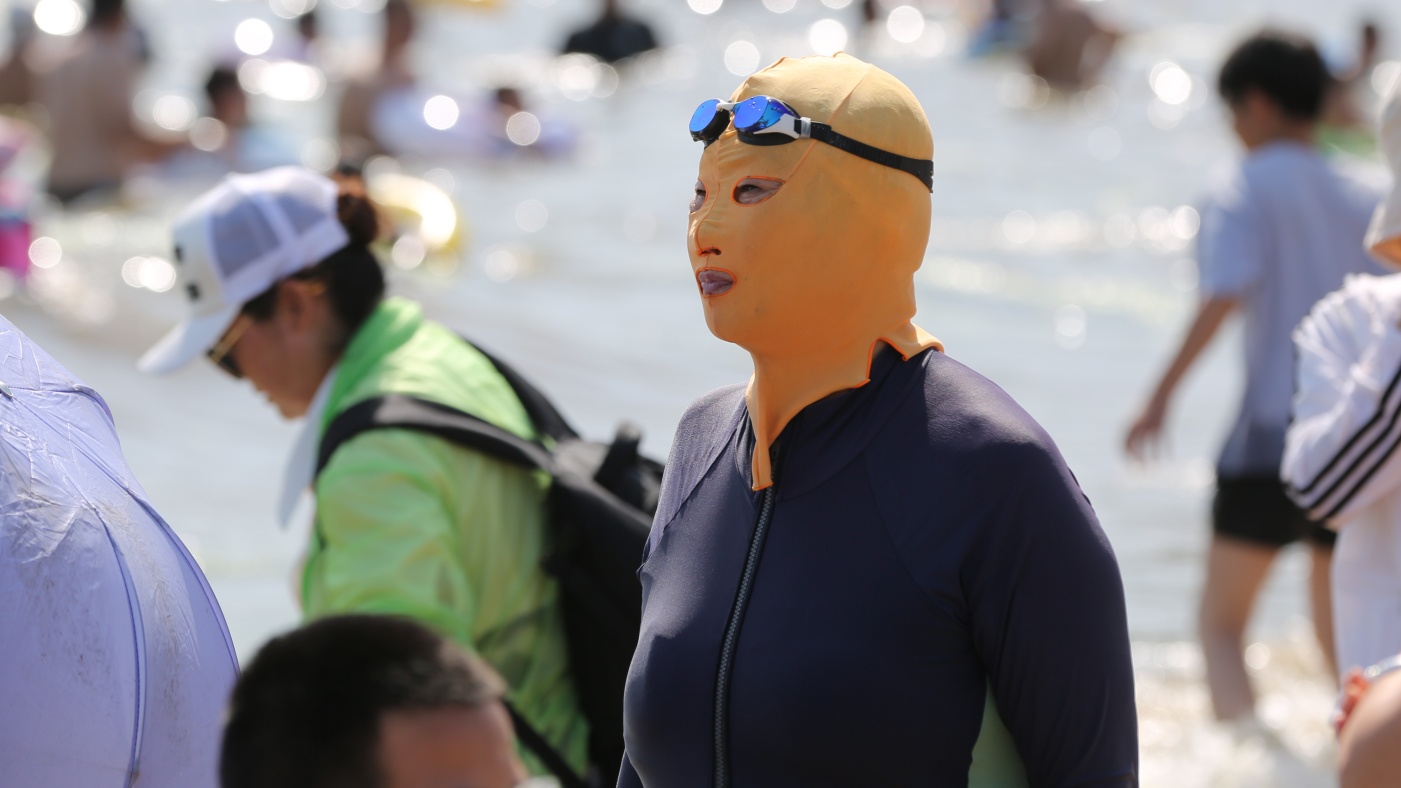
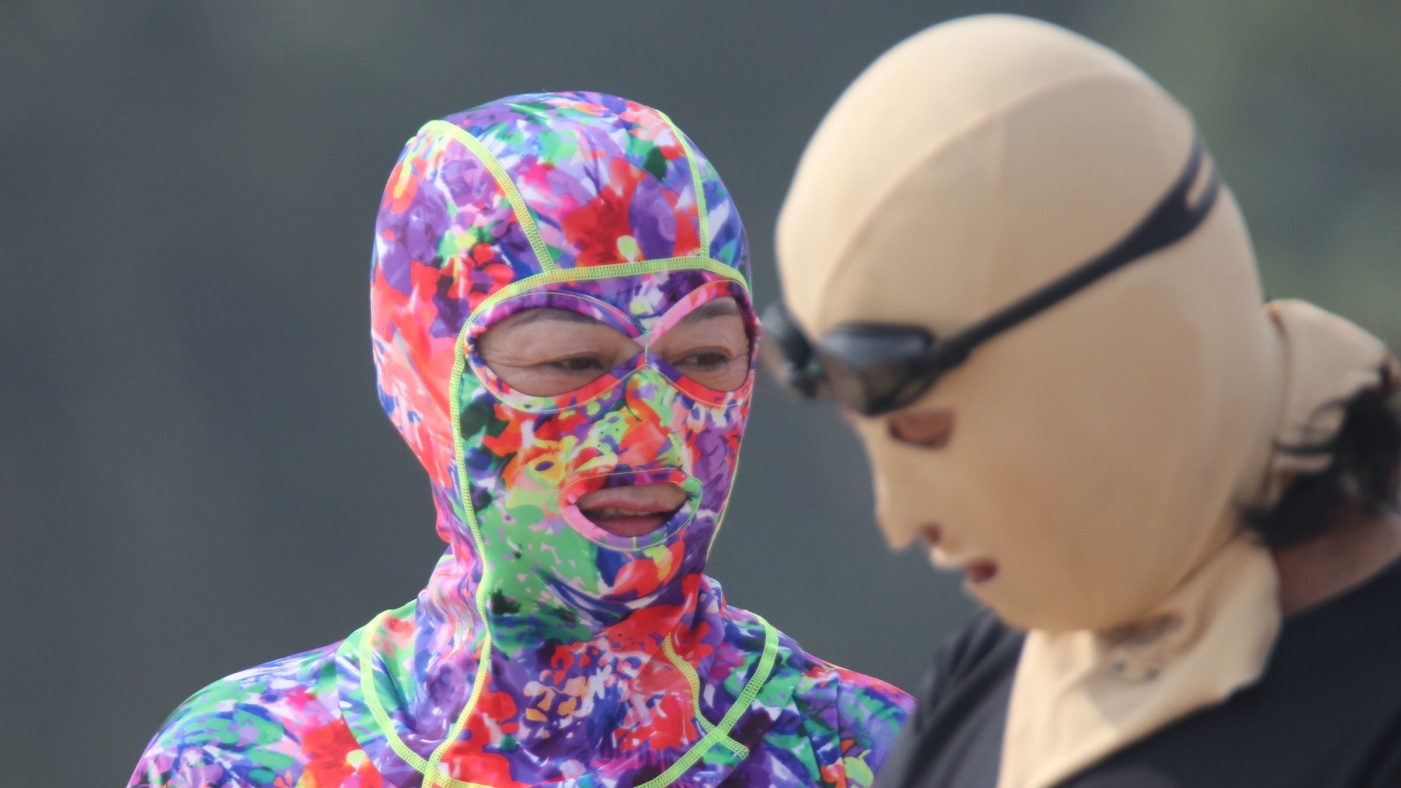
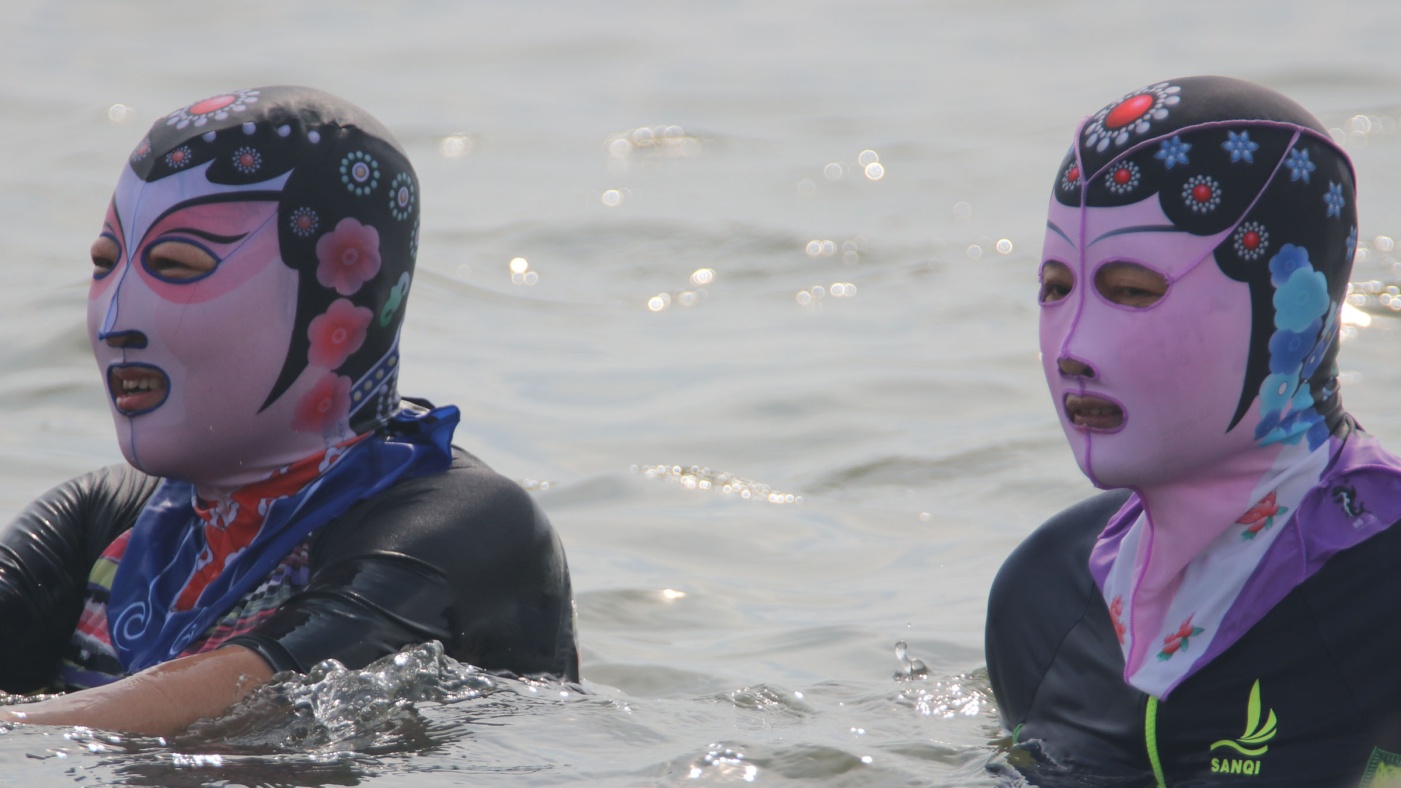
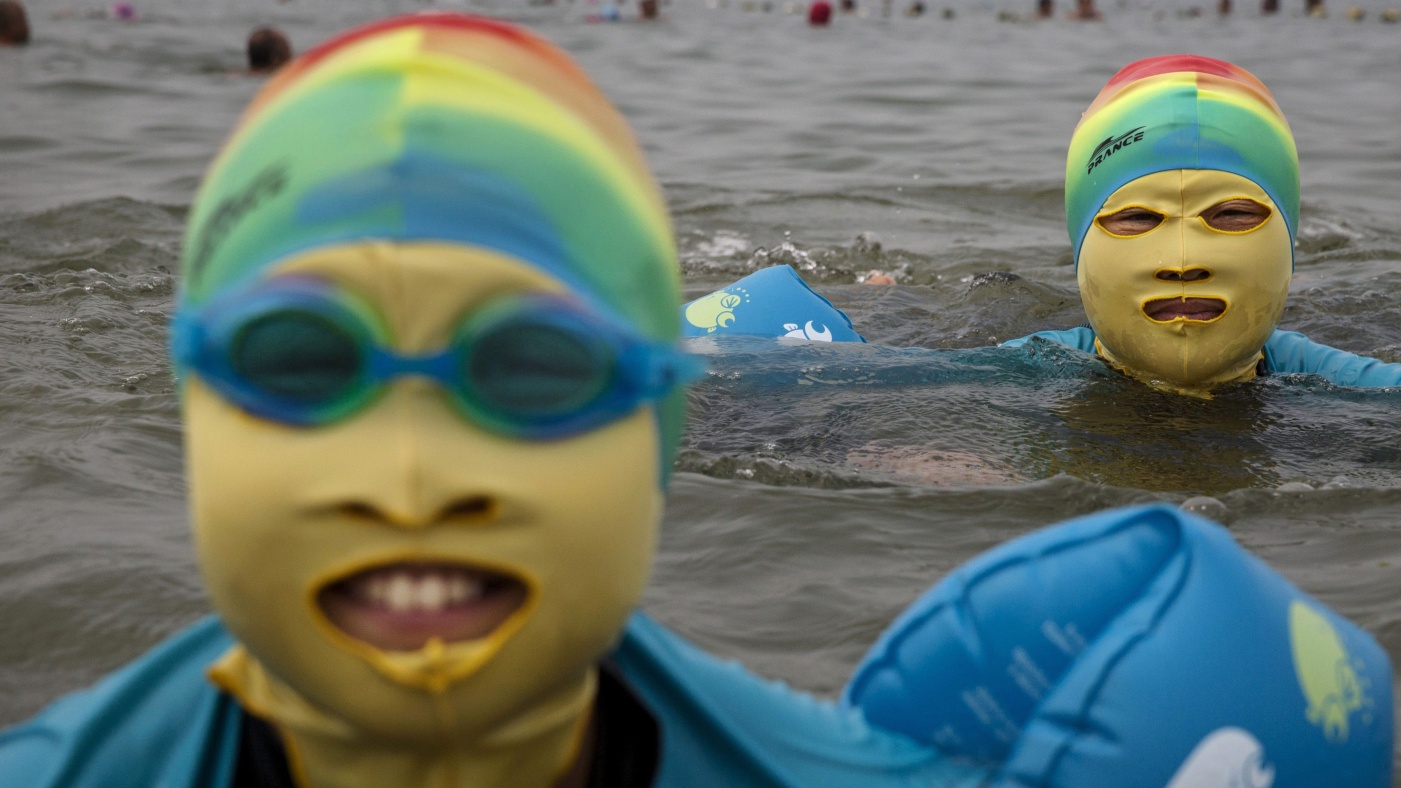
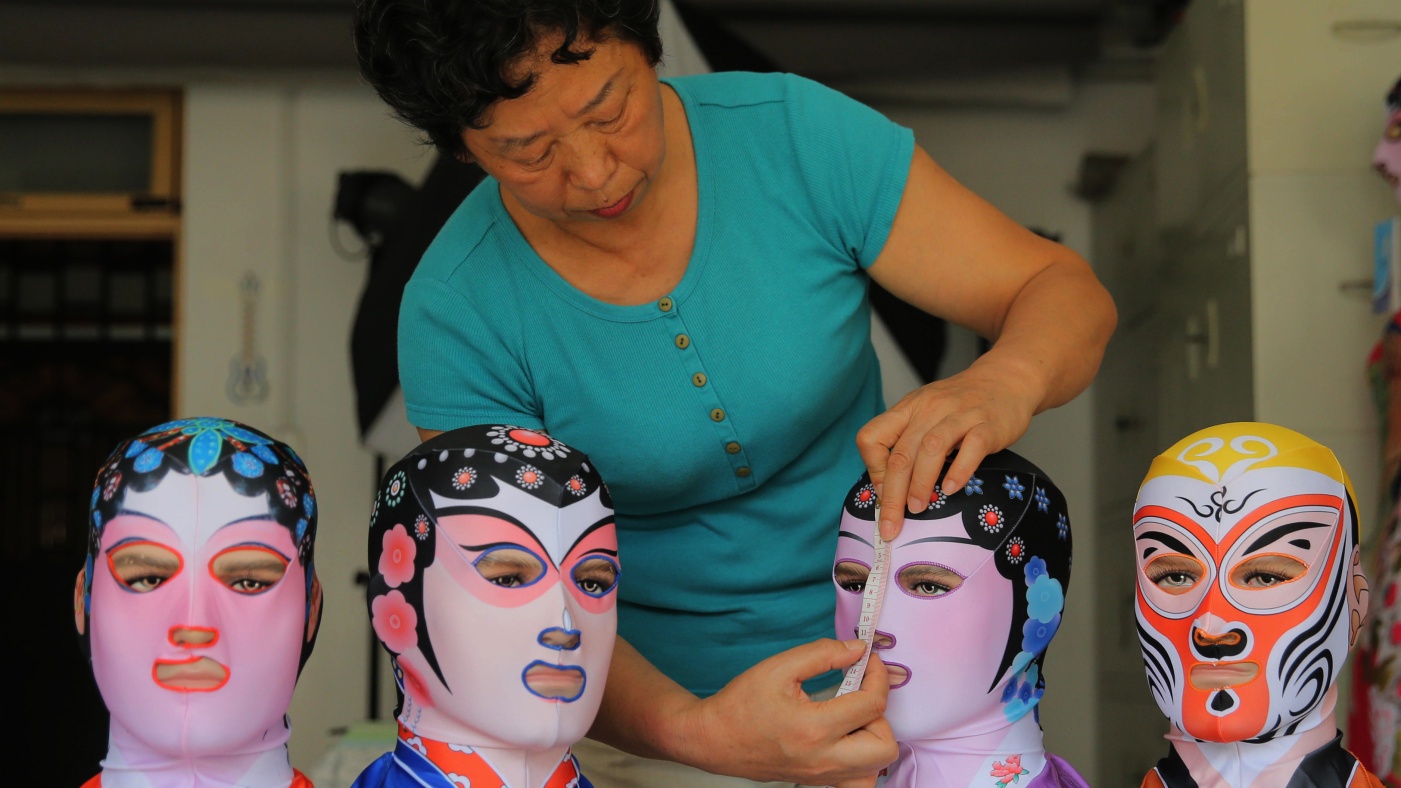




A free daily email with the biggest news stories of the day – and the best features from TheWeek.com
-
 6 of the world’s most accessible destinations
6 of the world’s most accessible destinationsThe Week Recommends Experience all of Berlin, Singapore and Sydney
-
 How the FCC’s ‘equal time’ rule works
How the FCC’s ‘equal time’ rule worksIn the Spotlight The law is at the heart of the Colbert-CBS conflict
-
 What is the endgame in the DHS shutdown?
What is the endgame in the DHS shutdown?Today’s Big Question Democrats want to rein in ICE’s immigration crackdown